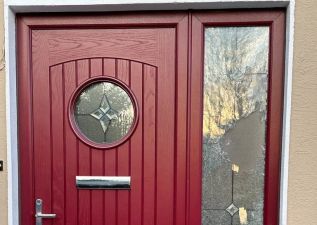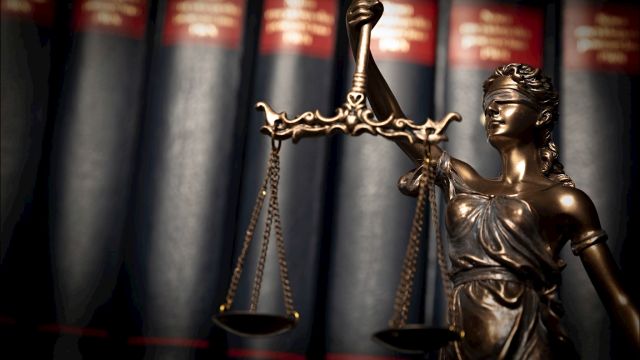A High Court judge has expressed regret that the same judge who determined a case must also decide whether or not to certify a party’s appeal against his or her ruling.
In refusing a request from An Bord Pleanála to allow it to appeal against his decision to quash permission for a south Dublin apartment scheme, Mr Justice David Holland said he hopes he has properly considered whether his ruling contained appealable points.
It seemed to him that would-be appellants might more readily accept a certification rejection if it came from a judge other than the author of the original judgment.
However, under the present system the task fell to him.
Monkstown housing
Last May, Mr Justice Holland quashed the planning board’s permission for nearly 300 homes in Monkstown. His decision was based on grounds that there was an erroneous reliance on a specific planning policy requirement relating to building height and two failures relating to the environmental impact assessment (EIA).
Opposing certification for an appeal were Monkstown Road Residents Association and three individual residents: James Barry, of Richmond Park, Bairbre Stewart, of Clifton Terrace, and Christopher Craig, of Belgrave Terrace, who brought the judicial review challenge to the development.
Approval had been given to Lulani Dalguise Ltd to build 276 apartments across eight blocks, ranging from five to nine storeys, and 22 houses on a 3.6-hectare site at Dalguise House.
In seeking to appeal, the board contended Mr Justice Holland was incorrect to conclude the Board’s EIA screening, as to architectural or cultural heritage, was inadequate in law.
It submitted, among other things, that the court determined on a first-instance basis the significance of the likely impact of the proposed development on the environment.
Mr Justice Holland set out the main principles of certification, including that the High Court’s decision is to be final and not appealable in most cases, with certification for an appeal to come only if a point of law of exceptional public importance is raised.

Dismissing each of the board’s grounds, he said his judgment, read properly and as a whole, cannot be interpreted as feared by An Bord Pleanála.
An appeal, he said, cannot be certified on the basis of the board’s fear that certain of its passages might later be misinterpreted or mis-cited without proper context.
The board’s written submissions fell “far short” of asserting a point of law of exceptional public importance, he added.
The board’s only remaining option is to seek permission from the Supreme Court to appeal directly to it on a point of law of “general public importance”. It must prove there are “exceptional circumstances” warranting its appeal to that court.







